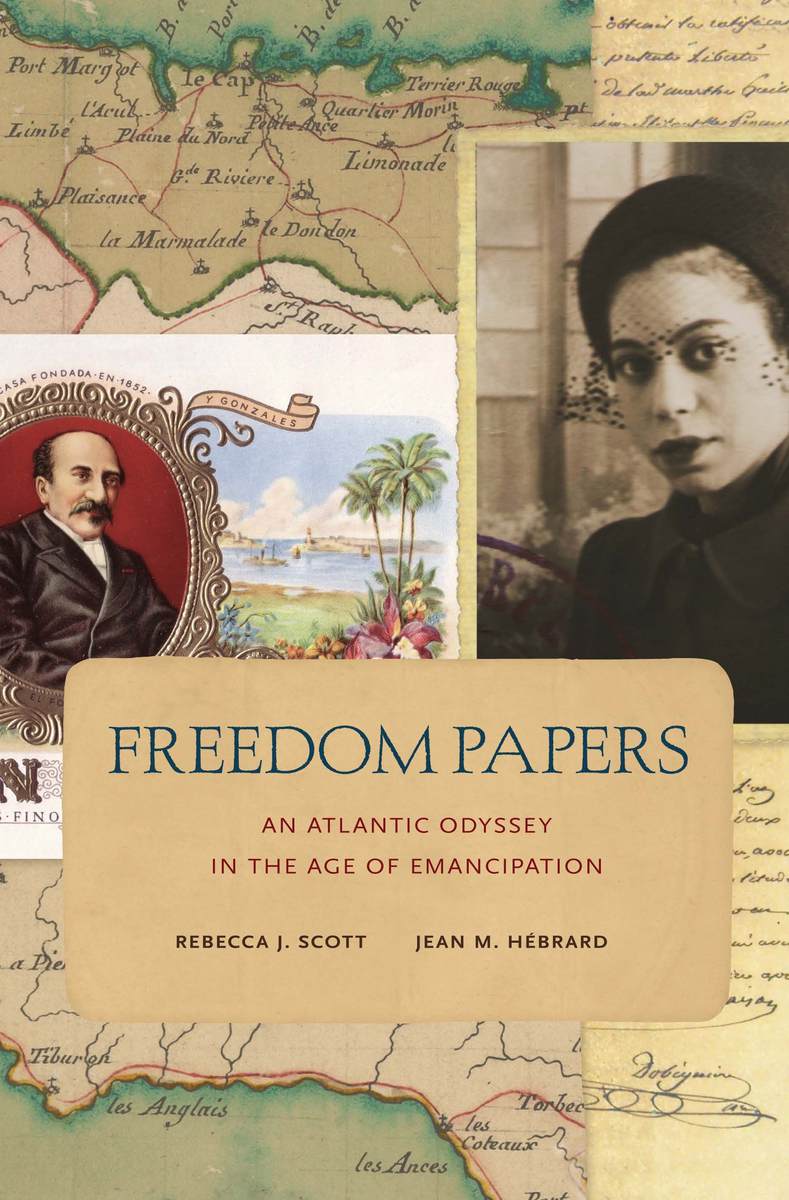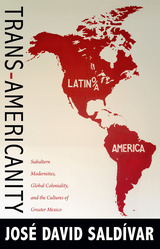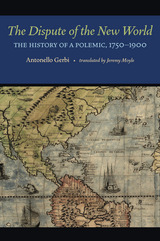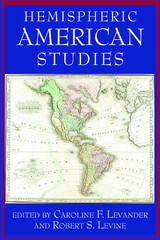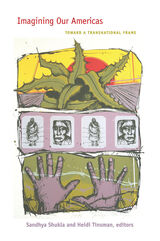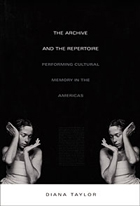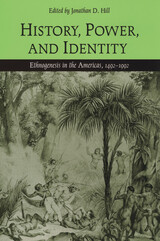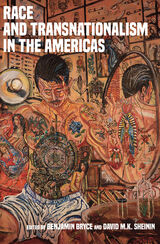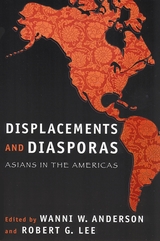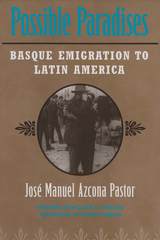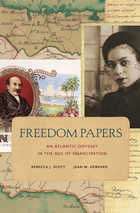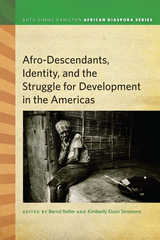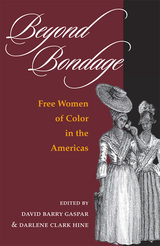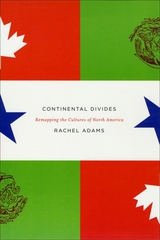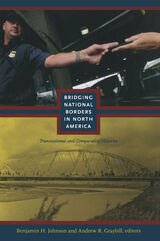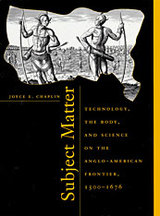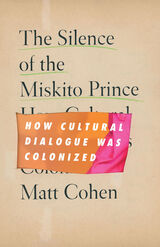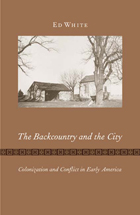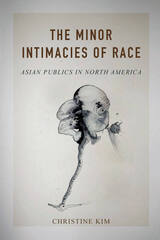It’s a brilliant book.
-- Henry Louis Gates, Jr. Boston Globe
A sweeping tale of a fascinating family and the complex history of the African diaspora.
-- Vanessa Bush Booklist
Scott and Hébrard impressively spin the family’s web from documents culled from local/national archives in the U.S., France, Spain, Belgium, Cuba, Senegal, England, and Haiti. There are an Atlantic map, a genealogical tree, and family pictures. They persuasively argue the cross-national connections, as well as the fragility of freedom and citizenship.
-- J. R. Kerr-Ritchie Choice
In this well-researched and readable family history, Scott and Hébrard recount the remarkable story of the Tinchants across generations and continents. As people of color, the Tinchants struggled, survived, and flourished—in Senegal, Cuba, New Orleans, Antwerp, and Paris; and through the Haitian Revolution, French Revolution of 1848, the Civil War and Reconstruction in the U.S., and WWII in Europe… Navigating the turbulent political and social waters of their various contexts, members of the Tinchant family often found themselves in ‘delicate position[s],’ as in Joseph’s attempt to sustain amiable contacts with the white customers of his retail store in New Orleans at the height of the Civil War. Throughout, the ‘family emerges as one with a tenacious commitment to claiming dignity and respect.’ Scott and Hébrard’s rendering of the Tinchant family’s story is historically enlightening and inspiring.
-- Publishers Weekly
The pleasures of Freedom Papers unfold at various levels. It’s a family saga, an excursion through the commercial circuitry of the Atlantic world, and a compelling introduction to the great Age of Emancipation. It’s also a historical whodunnit: who was ‘Rosalie of the Poulard nation’? Rebecca Scott and Jean Hébrard trace the ties created by Rosalie and her descendants, Atlantic survivors whose ingenuity—combined with strategic access to pen, ink, and notaries—gave them just enough archival salience to make this telling possible. Scott and Hébrard are practiced experts at making the archive speak.
-- Kathryn J. Burns, author of Into the Archive: Writing and Power in Colonial Peru
With this riveting family story that takes us from eighteenth-century Africa to twentieth century Europe, Scott and Hébrard rewrite the history of slavery, race, and citizenship. Freedom Papers is stunningly original and movingly told—an instant classic.
-- Laurent Dubois, author of Haiti: The Aftershocks of History
Freedom Papers is a tour de force. In its pages, the Tinchant family maintains an inspiring commitment to revolution and racial pride from Civil War New Orleans to Nazi Germany. This book will be welcomed by anyone eager to understand how our worlds connect across boundaries of race, geography, and time.
-- Lolis Eric Elie, writer, HBO’s Treme
What wonders of African American history remain hidden in the archives, waiting to be discovered. Long lost, Rosalie Vincent and her family have been found. At last, Rosalie—she of the Poulard Nation, of Saint-Domingue, Haiti, Cuba, and New Orleans—has come home, to the historical record. Freedom Papers will be hailed as a tour de force of dogged research and the most riveting and fecund scholarly imagination.
-- Henry Louis Gates, Jr., W. E. B. Du Bois Institute for African and African American Research, Harvard University
A wonderful, richly detailed history that leads the reader through two centuries in the life of a single family as the individuals within it spend their times on earth, struggling for security and standing. Unusual scholarship, beautifully recounted.
-- Sidney W. Mintz, author of Sweetness and Power: The Place of Sugar in Modern History
Scott and Hébrard combine the painstaking work of archival researchers with the vision and sweep of the best historians to produce a marvelous multi-generational family saga that underlines the power of our humanity in the face of history’s changes and challenges. This is not a book only about an Afro-American family; it is about us all.
-- Stuart B. Schwartz, author of All Can Be Saved: Religious Tolerance and Salvation in the Iberian Atlantic World
